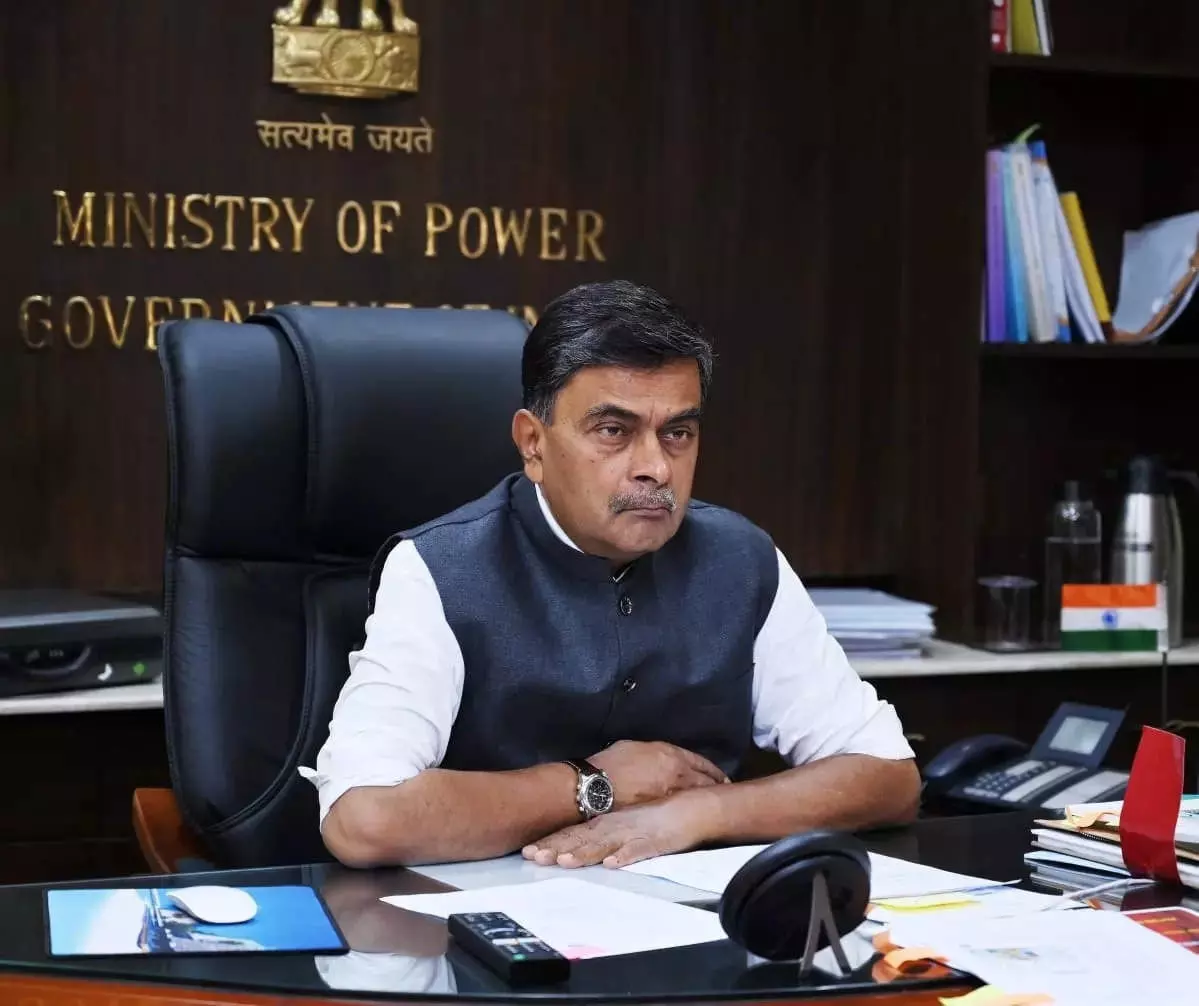Power Up: Amended Electricity Rules Empower Consumers, Streamline Processes

New Delhi: Consumers across India can expect a brighter future with faster connections, easier rooftop solar installations, and greater transparency in billing thanks to amended Electricity (Rights of Consumers) Rules, 2020, approved by the government.
The Government of India has approved amendments to the Electricity (Rights of Consumers) Rules, 2020. Issuing the amendments, the Union Minister for Power and New & Renewable Energy Shri R. K. Singh stated that these amendments further reduce the timeline for getting new electricity connections and that they simplify the process of setting up rooftop solar installations.
The Minister informed that the amendments empower consumers living in multistoried flats in choosing their connection type and ensure separate billing for common areas and back-up generators in residential societies, thus enhancing transparency. The amendments also provide for check meters to be installed by distribution company in case of consumer complaints, to verify electricity consumption.
Faster Rooftop Solar Installations:
The amendments streamline the process for setting up rooftop solar panels, making them more accessible to individuals and businesses. Notably, technical feasibility studies are now exempt for systems up to 10 kW, and the completion timeframe for larger systems has been reduced from 20 to 15 days. Additionally, distribution companies will be responsible for strengthening the grid infrastructure at their own cost for rooftop solar systems up to 5 kW, further easing the financial burden on consumers.
Enhanced Transparency and Choice for Apartment Residents:
Residents in multi-storied buildings and societies will now have greater control over their electricity choices. The amended rules provide them with the option to choose between individual connections for each unit or a single connection for the entire premises. This decision will be made through a transparent ballot conducted by the distribution company. Furthermore, the amendments ensure uniform tariffs for both individual and single-point connection consumers, eliminating any potential disparity.
Separate Meters for Common Areas and Backup Power:
To promote transparency in billing and address concerns about common area electricity consumption, the amendments mandate separate metering for individual consumption, backup power supplied by the society, and common area electricity sourced from the distribution company. This will allow residents to have a clearer understanding of their individual electricity usage and associated costs.
Addressing Metering Discrepancies:
The amendments empower consumers to address discrepancies in meter readings. If a consumer raises concerns about their bill not reflecting actual consumption, the distribution company is now obligated to install an additional meter within five days. This meter will monitor consumption for a minimum of three months, providing data to verify usage and ensure accurate billing.
Faster Connections and Streamlined Processes:
The amended rules expedite the process of obtaining new electricity connections. The timeframe for securing a new connection has been reduced to three days in metropolitan areas, seven days in other municipal areas, and fifteen days in rural areas (excluding hilly regions). Additionally, modifications to existing connections will also benefit from faster processing times.
Consumer Empowerment at the Forefront:
The Power and New & Renewable Energy Minister stated that the interest of consumers is paramount for the government. It is for this purpose that the government issued the Electricity (Rights of Consumers) Rules, 2020 on 31st December, 2020, thus setting standards for services provided by electricity distribution companies all over India. These rules cover aspects such as billing, complaints, compensation and timelines for new connections. They also offer support for renewable energy generation by prosumers. The Power and New & Renewable Energy Minister stated that the present amendments will further empower the consumers.
